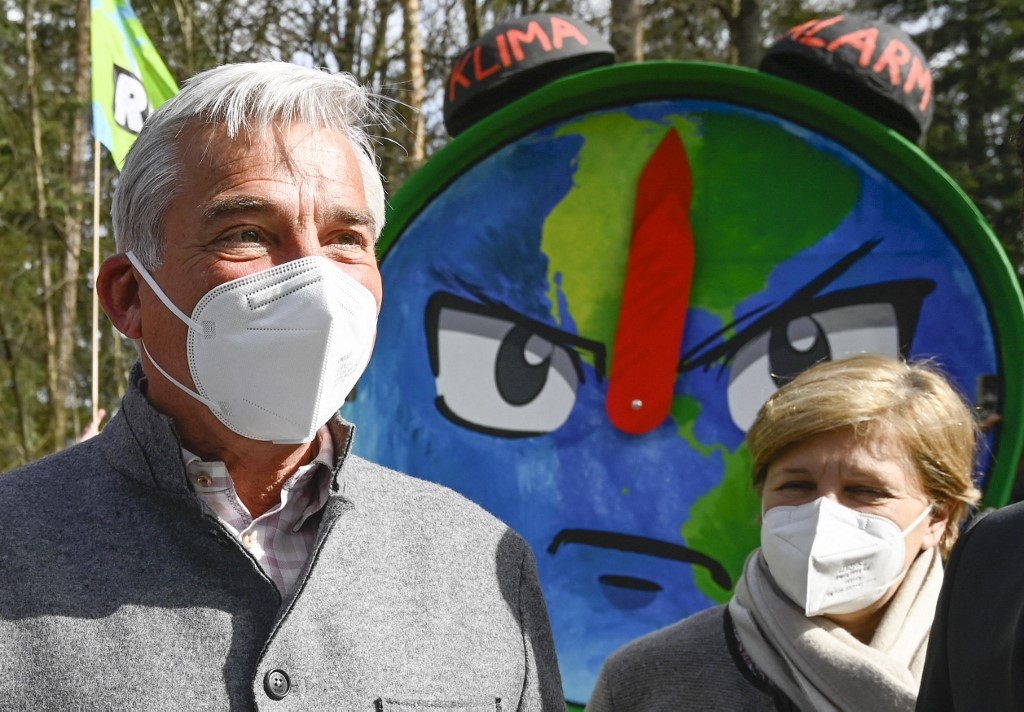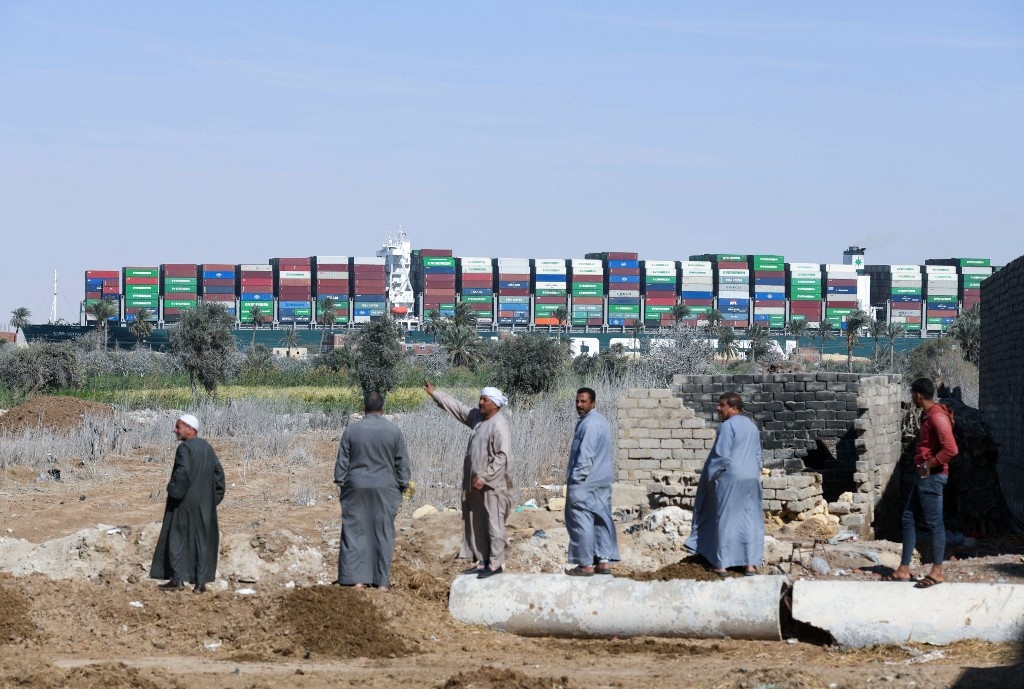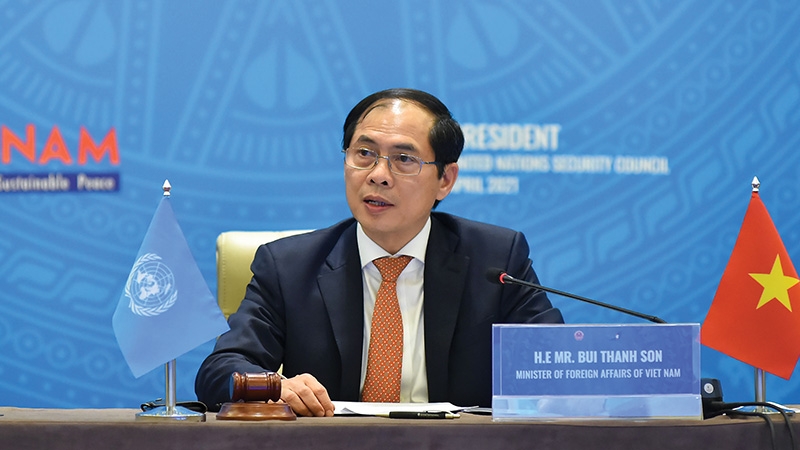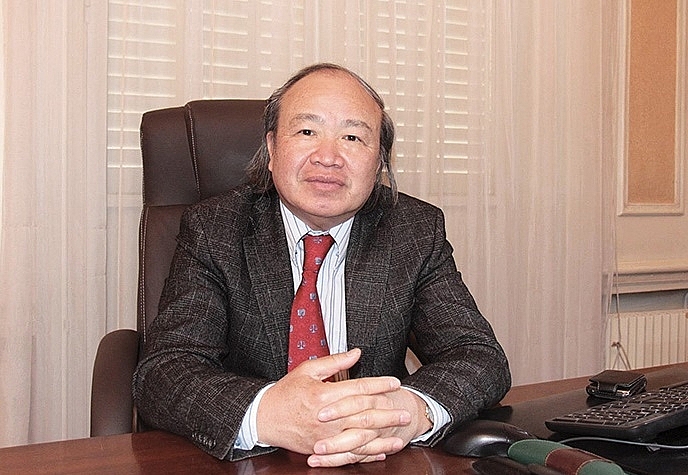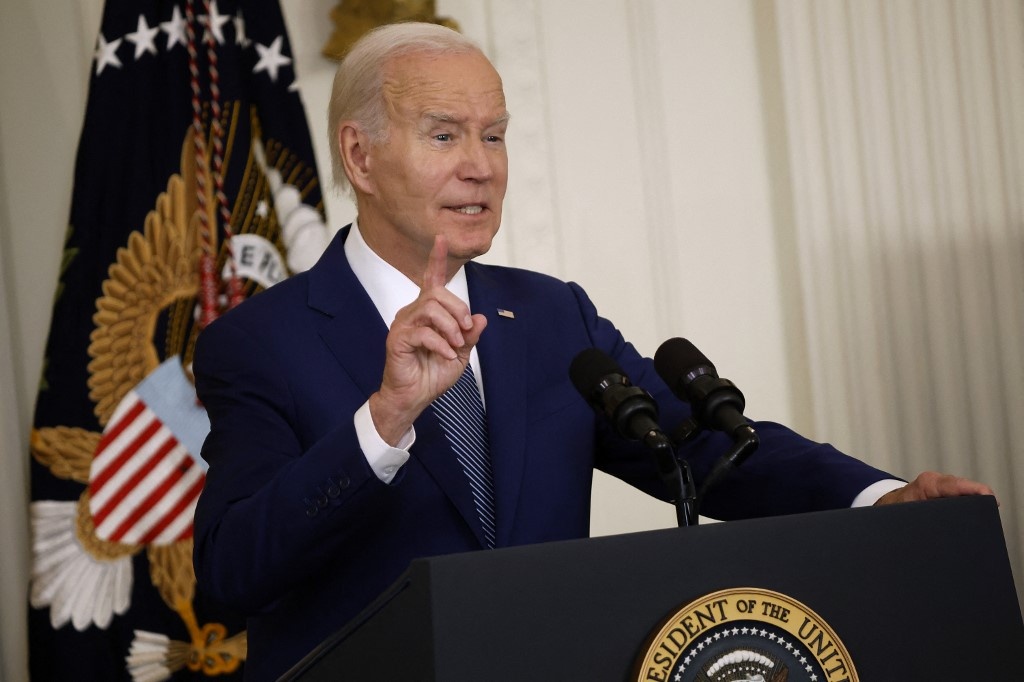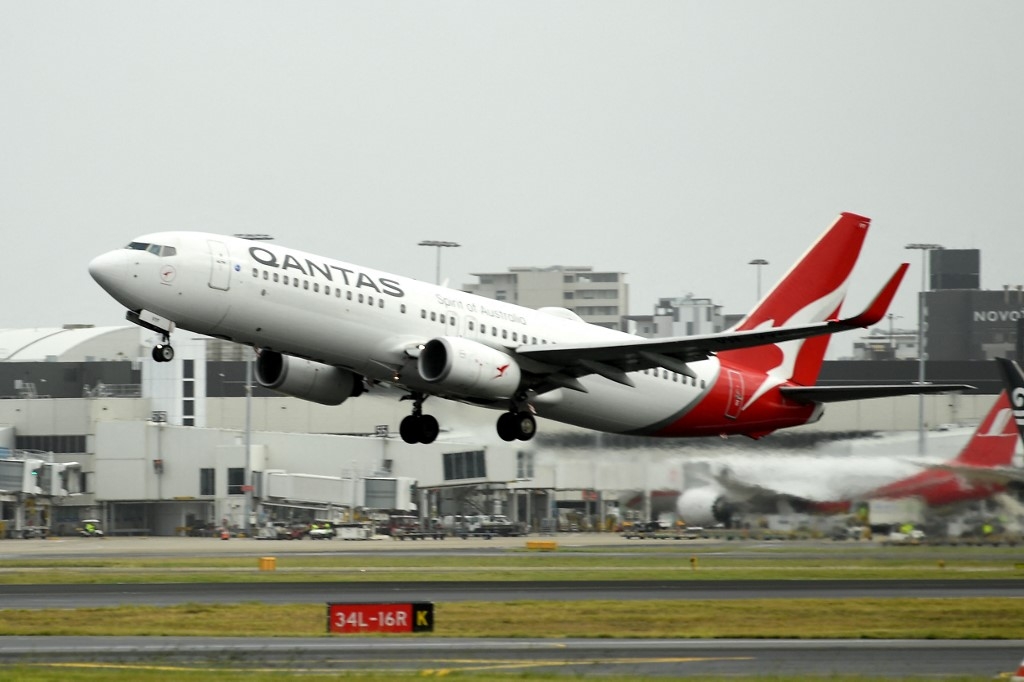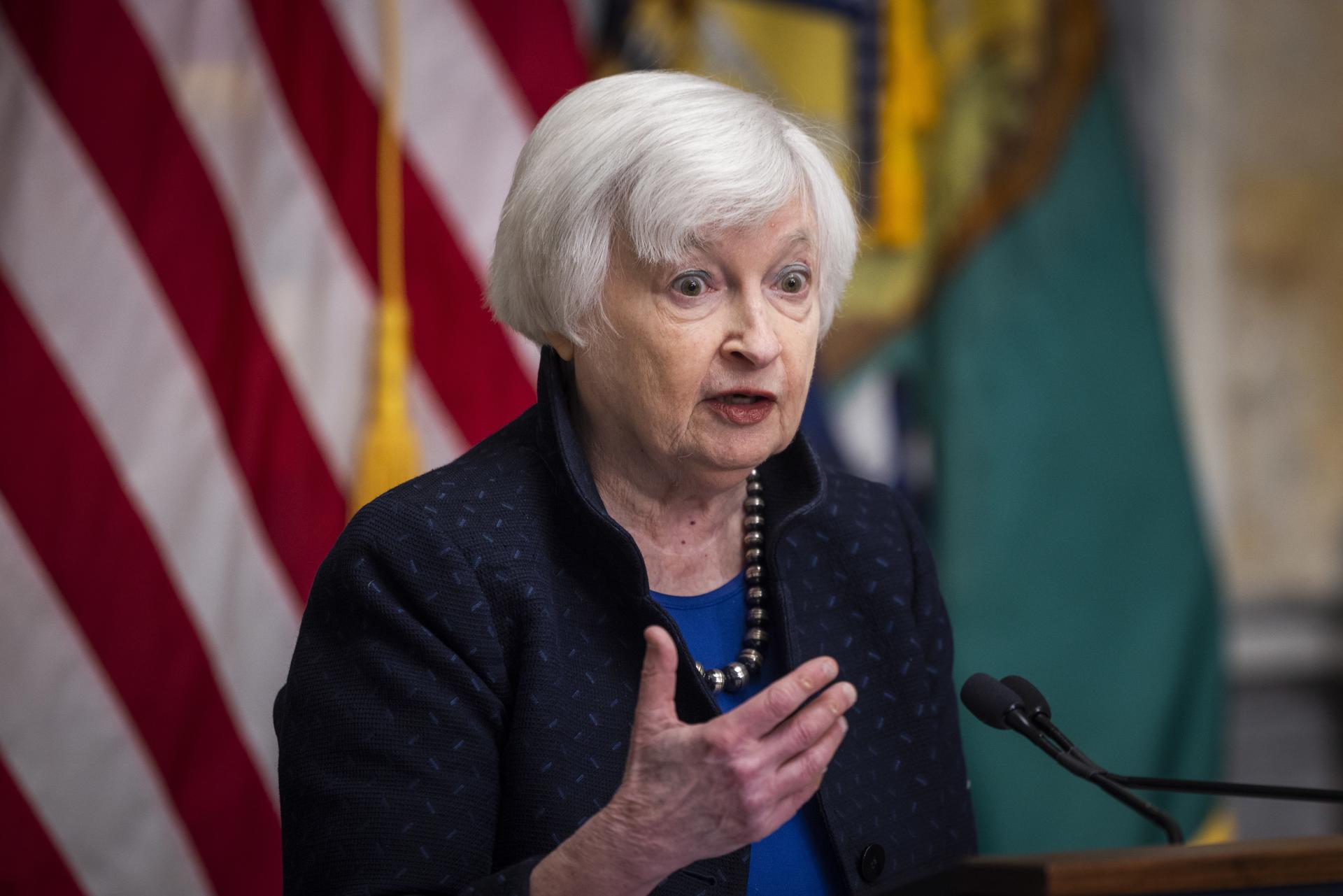Utilising UN role to make a difference
With its ever-growing prestige and status in the international arena, Vietnam is currently carrying out a special role as president of the United Nations Security Council. Bui The Giang, former Ambassador and former Deputy Permanent Representative of Vietnam to the United Nations, talked with VIR’s Thanh Tung about how the country has weathered difficulties to implement the role for a second time, and the likelihood of undertaking the same role for a third time in the future.
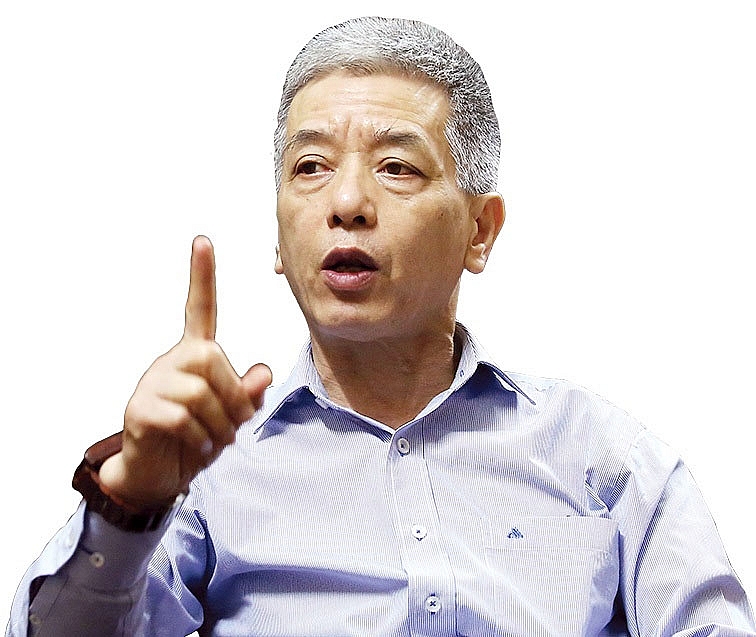
Vietnam first acted as a non-permanent member of the United Nations Security Council (UNSC) during 2008-2009. What has the country achieved specifically since that tenure, and how has Vietnam’s international prestige and status increased since then?
It is virtually impossible to measure it in material or monetary terms. As 2008-2009 was the first time our country was elected a non-permanent member of the UNSC, we were like a novice in everything. We didn’t have experience and expertise, nor an expansive network of diplomatic representative missions in major parts of the world to support our UNSC team in New York, while the UNSC - often half-jokingly referred to as the executive cabinet of the world’s government – was to cover the entire planet.
This is specially so when it came to Africa, which accounted for approximately 60 per cent of UNSC agenda. As a developing nation, we never had easy funds. We also had to work hard to manage the personnel issue: Our full UNSC team consisted of a meagre 11 members, including three ambassadors. And apart from UNSC assignments, our team members were to be responsible for Vietnam’s activities in the UN’s General Assembly and six principal bodies as well, like the rest of the New York-based mission staff.
Remember, the US, for instance, had five ambassadors, and several other countries had more or less the same number of ambassadors, let alone a considerably bigger UNSC team. From day one until the very end of the two years at the UNSC, we worked almost around the clock, and almost without weekends off, in the context of uncountable issues and problems taking place throughout the world those days. Thank God we didn’t have COVID-19 then. As I have sometimes recalled, we participated fully and responsibly in more than 1,500 meetings of the UNSC.
Likewise, we were part of all the work related to the council’s adoption of over 100 resolutions, more than 80 presidential statements and more than 80 press statements. We were an active participant in all council agenda items and activities, from pronouncing position statements, engaging in negotiations, designing resolutions and other documents, to serving as a chair and vice chair of a number of the council’s subcommittees.
On a personal note, I was assigned to join the Security Council Ambassadors’ team to Afghanistan in 2008, having unforgettable memories of the Afghan country and people, and of the cooperative and friendly spirit among council members. Moreover, proactive and innovative as we were, we spent remarkable time and energy thinking about possible new and practical ways in Security Council operations while treasuring positive lessons and experiences from other countries.
This resulted in encouraging outcomes. Most notable were an open debate that we initiated on protection of children in armed conflict and a presidential statement that the council adopted, attaching importance to development as an essential part of a solution to children’s involvement in armed conflict; and an open debate that we initiated on women, peace, and security and Resolution 1889 that was also adopted.
This was the first UNSC resolution that viewed women not simply as victims in conflict and post-conflict situations, but contributors to designing and implementing solutions to women-related problems in those contexts.
These two initiatives were launched under Vietnam’s presidency during July 2008 and October 2009 respectively, and this resolution was the first ever initiated by Vietnam and accepted by the UNSC.
In the same vein, when we proposed broad-based consultations with the UN member states in preparing the Security Council’s 2007-2008 annual report, this initiative was favourably embraced by the organisation’s membership, for it reflected a long-cherished wish of member states to have a role to play in the operations of this most important and powerful organ in the world.
At the end of our UNSC membership, UNSC colleagues and foreign friends alike heartily congratulated us on our performance, saying how impressed they were with Vietnam’s professionalism and effective operation as a UNSC member. All this constituted what we can call “the country’s uplifted international status and prestige.”
And this, in turn, has enabled the country to reach out further and farther to friends and partners, for closer friendship and broader cooperation, and with multiple economic, trade, and investment opportunities for development.
What differences can you see in such a Vietnamese undertaking at the UNSC this time around?
Today’s world is hugely different from the world more than 13 years ago. The increasingly fierce competition per se between the US and China for the last several years provides us with a best example, let alone the COVID-19 pandemic which has upended the entire world, resulting in unpredictable consequences for each and every community as well as mankind at large.
The United Nations has also undergone remarkable changes, particularly relating to its leadership structures under Secretary-General Antonio Guterres in terms of gender parity, for the better, of course. Meanwhile, with challenges and opportunities untoldly intertwined, the United Nations Charter and the Security Council rules and procedures have remained substantially unchanged. Today’s Vietnam is also very different from the nation of more than 13 years ago. Both its strength and posture have improved visibly as a result of its over-30-year process of comprehensive renewal. Yet, challenges remain increasingly multiple and complicated, both domestically and internationally.
More efficient and effective governance, higher economic and trade efficiency and competitiveness, and better conduct of the scientific and technological revolution, particularly the combined digitisation, digitalisation and digital transformation under the umbrella of the Fourth Industrial Revolution, are just a few areas demanding much greater endeavour from the whole political system and nation.
Let alone the ever-growing heat of East Sea (internationally known as South China Sea) flashpoints, threatening to wash away the many hard-earned peace and development gains if allowed to develop beyond control. I don’t want to be alarmist, but I sense something imminent could be around the corner, and we all need to be on alert.
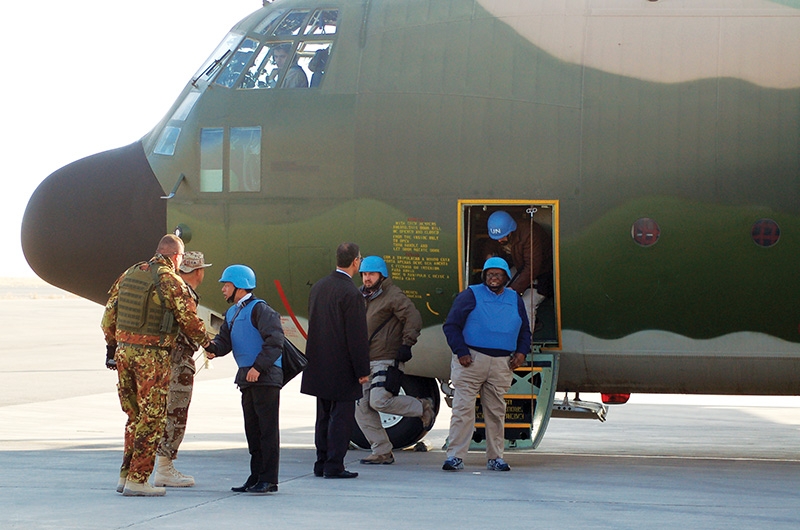
Vietnamese Ambassador Bui The Giang (third from left) shakes hands with ISAF Western Region Commander Brig. Gen. Paolo Serra as the UNSC ambassador team arrives in Kabul, Afghanistan in 2008
What does Vietnam need to continue doing in order to be seen as a success at the UNSC?
During 2008-2009 UNSC membership, what mattered to us the most was the country’s aggregate strength. This was not something given for free. Having achieved real strength at gigantic costs, we were able to stand firm on our own feet. This facilitated our operations to a great extent at the council.
For the country’s aggregate strength to be built, maintained and further developed, and for Vietnam’s UNSC team to be productive then, we also benefitted from an astute leadership, clear-sighted vision and well-grounded strategies and policies. No less importantly, we enjoyed the heartfelt support from our compatriots and effective collaboration from our colleagues. The friendship, cooperation and support of foreign partners and counterparts represented an indispensable factor in our successful UNSC membership.
And, last but not least, the dedication, wisdom, and unanimity of every individual member of our UNSC team were the “last drop” that made our success materialised. All this needs to be redoubled if we are to again accomplish the heavy yet honoured membership during these two years.
On April 19, Vietnam will organise a high-level discussion session on enhancing cooperation between the UN and regional organisations in trust-building measures to prevent conflicts. What is your assessment of the importance of this?
Given the inherent close-knitted links between the UN and regional organisations as foreseen by the organisation’s founding fathers, and in the context of Vietnam’s chairmanship of ASEAN in 2020 coinciding with its UNSC membership in 2020-2021, we determined earlier that the cooperation between the UN and regional organisations would be among top priorities of Vietnam’s UNSC agenda. Naturally, this should not only be understood as confined between the UN and ASEAN, but between the UN and all other regional organisations. This is particularly imperative in Africa’s case in consideration of the role of the African Union and the role of the UN and the UNSC in addressing the frequency, magnitude and scope of so many protracted conflicts in this continent.
As regards ASEAN, with Vietnam being a 25-year-old member of this regional community, and with ASEAN efforts to realise its centrality in the evolving regional security architecture, Vietnam should and can serve as an effective channel to further the time-tested cooperation between the United Nations and Security Council with ASEAN on issues beyond ASEAN boundaries.
What do you believe are the chances of Vietnam taking up a place as a non-permanent member of the UNSC for a third time in the future?
The UNSC has never been as important as it is today for the world, and for Vietnam. With that in mind, I do not think that this 2020-2021 UNSC membership is the last chance for our country to be on the council. However, when we would campaign for membership again depends on developments in the region and the world, as well as on the country’s endogenous strength and international creditability. So far more than 60 United Nations member states have never been a Security Council member. And of more than 50 countries in Asia, fewer than 30 countries have served as a Security Council member.
So, as for Vietnam, we must work harder, improve ourselves better, prove in both words and deeds that we are truly a friend, a reliable partner and a responsible member of the international community, and patiently wait for the right time to step forward.

